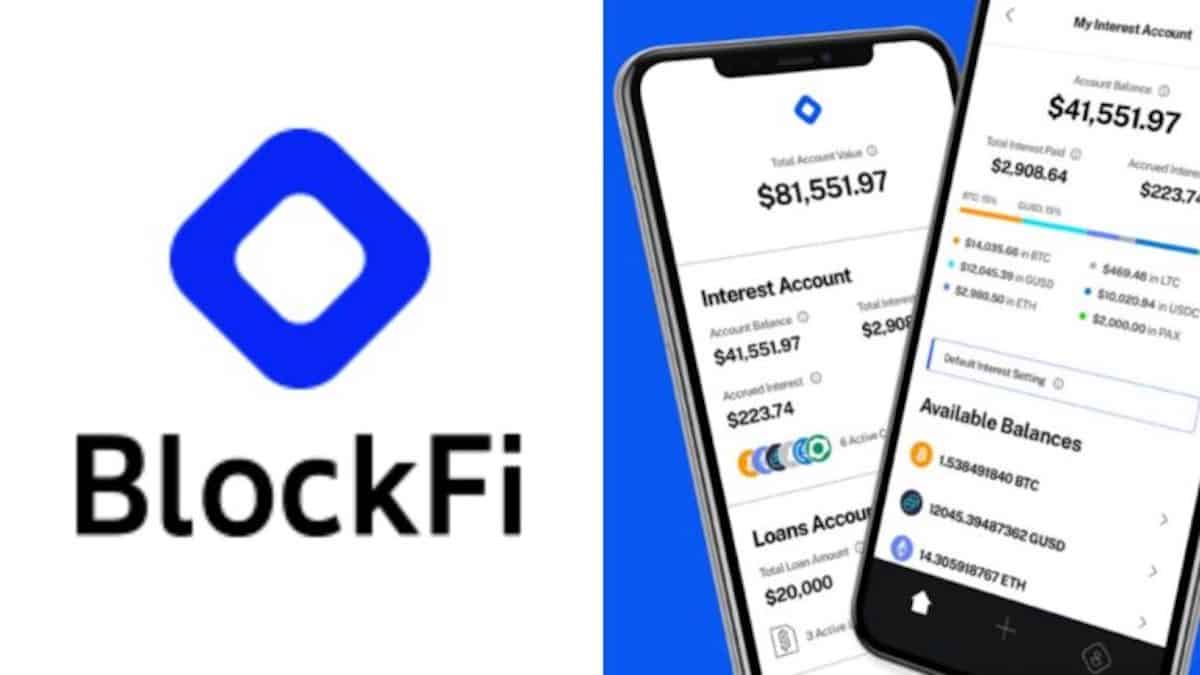New Jersey-based crypto banking services provider BlockFi and investment management firm Neuberger Berman jointly filed for a Bitcoin spot exchange-traded fund (ETF) with the U.S. Securities and Exchange Commission on Tuesday.
Fast facts
- In September, the U.S. got its first Bitcoin-linked ETF with the launch of ProShares Bitcoin Strategy Fund. But ProShares’ ETF was backed by Bitcoin futures contracts. BlockFi’s application is for a spot Bitcoin ETF that will be physically backed by Bitcoin. This means that the ETF will offer shares linked to the spot price of Bitcoin held by BlockFi.
- Although a number of Bitcoin futures ETFs have launched since ProShares’ debut, the market remains hungry for a Bitcoin spot ETF. If BlockFi’s application is approved, it would be the first Bitcoin spot ETF in the U.S. According to the filings, the shares of BlockFi’s Bitcoin ETF will be traded on the New York Stock Exchange. BlockFi’s current ETF filing differs from its previous SEC filing in Oct. which seeks approval for a Bitcoin futures ETF.
- BlockFi is a decentralized finance platform that offers trading, lending and borrowing services — like a bank in the cryptocurrency world. It also offers interest-bearing accounts that have attracted the wrath of regulators and crypto credit cards.
- BlockFi has been under regulatory scrutiny in multiple states across the U.S. In July, the company received a cease and desist order issued by the New Jersey state Attorney General since its lending products are considered securities. The effective date of the order, however, has been postponed multiple times. In the same month, the Alabama Securities Commission and Texas State Securities Board issued show cause notices to BlockFi over concerns that its yield generating products might be unregistered securities. By the end of the month, Vermont and Kentucky had also issued notices to BlockFi.
- BlockFi is not the only company in trouble over lending products, however. In September, the SEC threatened to sue Coinbase if it launched its planned lending product. Coinbase later cancelled the launch of its lending product to avoid a regulatory battle.





